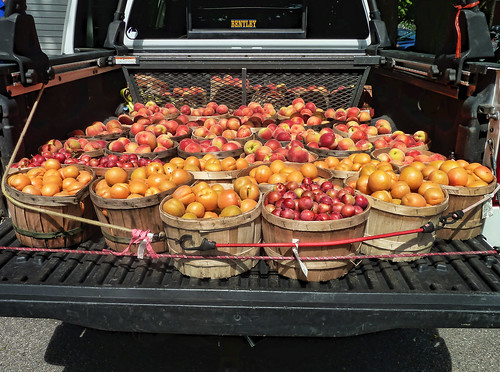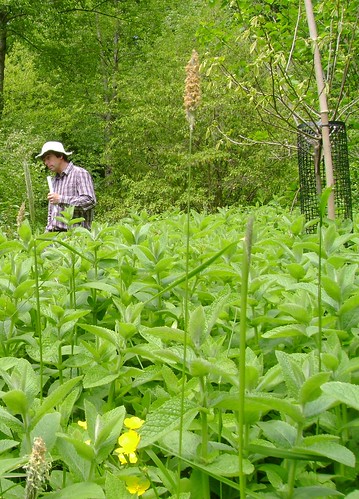In March 2012, Poplar Hill/Coldstream Resiliency Initiative officially changed its name to Transition Middlesex.
Since this is the first post on the blog, I'll start with some information about the group, for those finding us for the first time. I'm (Rob Read, secretary of the group) in the midst of updating the website, though with little kids around, this may take awhile yet to do. For the time being, much slightly dated information about the group can be found at
www.phcri.net. It's also worth looking at
www.transitionnetwork.org, which gives lots of information about the Transition Model, and the many 'Transition Towns' around the world.
In February, 2010, Poplar Hill/Coldstream was recognized as one of Canada's Transition Towns, showing that we were on our way to bringing together a grass-roots group of people with concerns about a future without cheap sources of fuel, yet also with a positive vision for this low-energy future, and a passion to plan how we'll get from here to there through eventually developing an Energy Descent Action Plan.
So - back to the name change...
We'd been noticing for awhile that the group was changing - active members were being drawn from outside Poplar Hill/Coldstream (the original stronghold of founders and early members), including Strathroy, Ailsa Craig, and Lucan. We talked about whether there was a natural way to rename the group which spoke to what we were already becoming, and also to the future of the group.
We decided it made sense to re-name the group to Transition Middlesex, using the political boundaries already in place for our county, and received the blessing of the Transition Network to make this change, which effectively makes us more of a regional hub than a Transition Town proper. Eventually we hope self-sufficient Transition groups will start in smaller towns around Middlesex County.
We see our group beginning to provide a counter-point to the more urban focus of the nearby Transition London, by adapting the Transition Model to the challenges rural areas will face in a low energy future. Already we've been starting to see new interest in the county, and plan to push our awareness raising campaign to a new level this fall with multiple movie nights and speakers.
In the meantime, the Coldstream Farmers Market, which a subcommittee of the group is currently organizing, will be staring on June 9th, behind the Marsh Store in Coldstream (9am - noon), the same day as the annual Poplar Hill Picnic, which starts at noon over at the Poplar Hill Park. The market continues on Saturday mornings through until Thanksgiving.
If you're interested in learning more about Transition Middlesex, we meet the third Wednesday of each month at the Poplar Hill Baptist Church at 7:30pm. I can add you to the email list to get a reminder about the meeting, and very occasional updates about other items of interest, just email me at readrobread (at) gmail.com.
Meetings consist of discussion about various things, such as local food, alternative energy, permaculture, self-sufficiency, disappearing skills and practices (that may be useful in the future), edible weeds and plants, and food preserving practices. We usually have an agenda for planning future events, or initatives, such as applying for grants, and while we do get to these items, there are plenty of fun and interesting tangents, and meetings are a really fun time. They're also a great way to meet other people with concerns about the future, and who are making the leap to thinking about how good that future can be if we actively engage in its creation.




